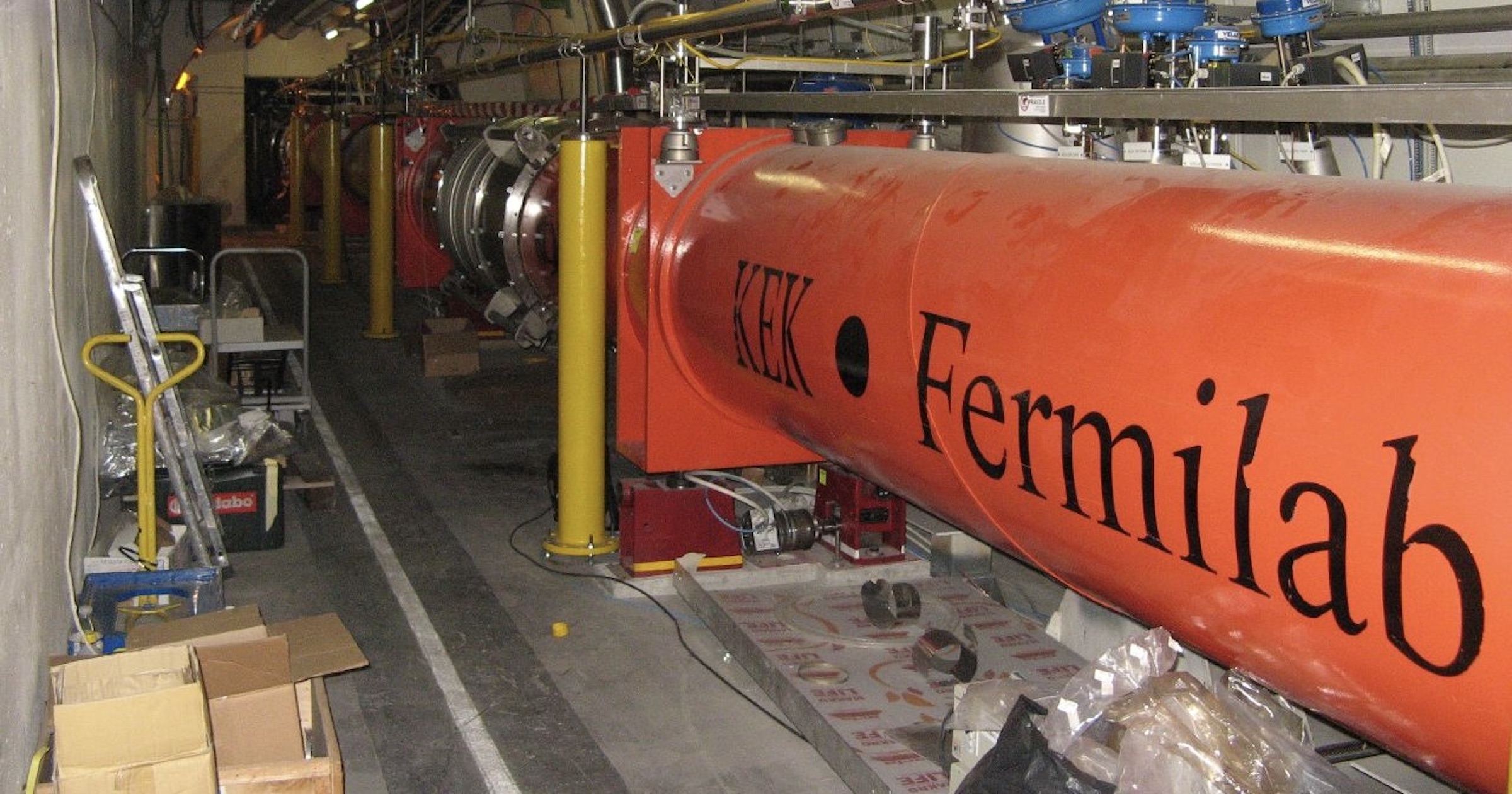 Intelligent Design
Intelligent Design
 Physics, Earth & Space
Physics, Earth & Space
“Miraculously” Fine-Tuned Universe? Evidence from the Large Hadron Collider

In a recent article in Quanta, science writer Natalie Wolchover discusses a little-advertised fact, that the much ballyhooed Large Hadron Collider supports the idea that our universe is fine-tuned — by an intelligence beyond nature? — and that there are many efforts afoot to reinterpret the findings so as to make the problem go away:
The crisis became undeniable in 2016, when, despite a major upgrade, the Large Hadron Collider in Geneva still hadn’t conjured up any of the new elementary particles that theorists had been expecting for decades. The swarm of additional particles would have solved a major puzzle about an already known one, the famed Higgs boson. The hierarchy problem, as the puzzle is called, asks why the Higgs boson is so lightweight — a hundred million billion times less massive than the highest energy scales that exist in nature. The Higgs mass seems unnaturally dialed down relative to these higher energies, as if huge numbers in the underlying equation that determines its value all miraculously cancel out.
NATALIE WOLCHOVER, “A DEEPENING CRISIS FORCES PHYSICISTS TO RETHINK STRUCTURE OF NATURE’S LAWS” AT QUANTA (MARCH 1, 2022)
When science writers (and scientists) start using words like “miraculously,” it’s a clue that they are really stumped. But not without ideas, of course:
Some of those who remained set to work scrutinizing decades-old assumptions. They started thinking anew about the striking features of nature that seem unnaturally fine-tuned — both the Higgs boson’s small mass, and a seemingly unrelated case, one that concerns the unnaturally low energy of space itself. “The really fundamental problems are problems of naturalness,” Garcia Garcia said.
Their introspection is bearing fruit. Researchers are increasingly zeroing in on what they see as a weakness in the conventional reasoning about naturalness. It rests on a seemingly benign assumption, one that has been baked into scientific outlooks since ancient Greece: Big stuff consists of smaller, more fundamental stuff — an idea known as reductionism. “The reductionist paradigm … is hard-wired into the naturalness problems,” said Nima Arkani-Hamed, a theorist at the Institute for Advanced Study in Princeton, New Jersey.
NATALIE WOLCHOVER, “A DEEPENING CRISIS FORCES PHYSICISTS TO RETHINK STRUCTURE OF NATURE’S LAWS” AT QUANTA (MARCH 1, 2022)
Messing with Reductionism
But wait. When scientists (and science writers) start messing with reductionism, they are messing with the core assumption of the meaningless universe: At the bottom are single, meaningless little bits that may have always existed somehow or other. And, somehow, piled atop each other in various configurations, they account for everything automatically — although, depending on who you ask, we may not have evolved so as to understand how it works.
The continued spookiness of the fine-tuning of the interactions in the universe is a constant threat to that view. Worse, building even bigger colliders than the Large Hadron, by which the Higgs boson was identified, might only lead to more observations of nature being “unnaturally fine-tuned.”
Read the rest at Mind Matters News, published by Discovery Institute’s Bradley Center for Natural and Artificial Intelligence.
